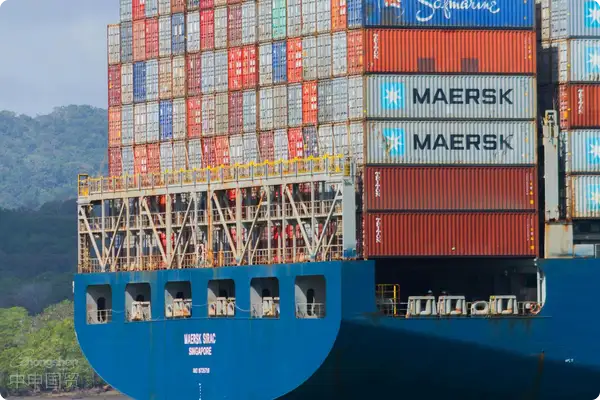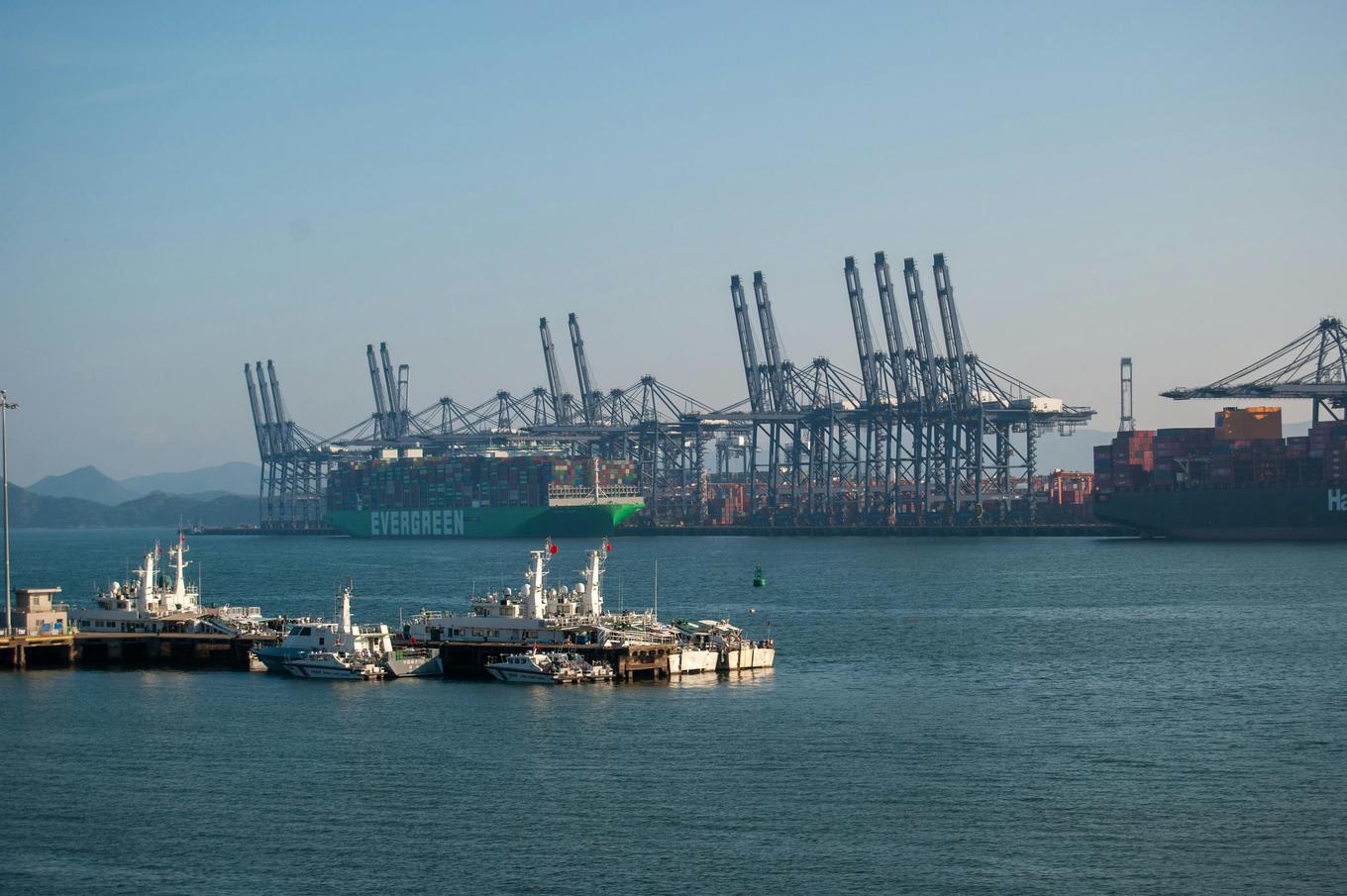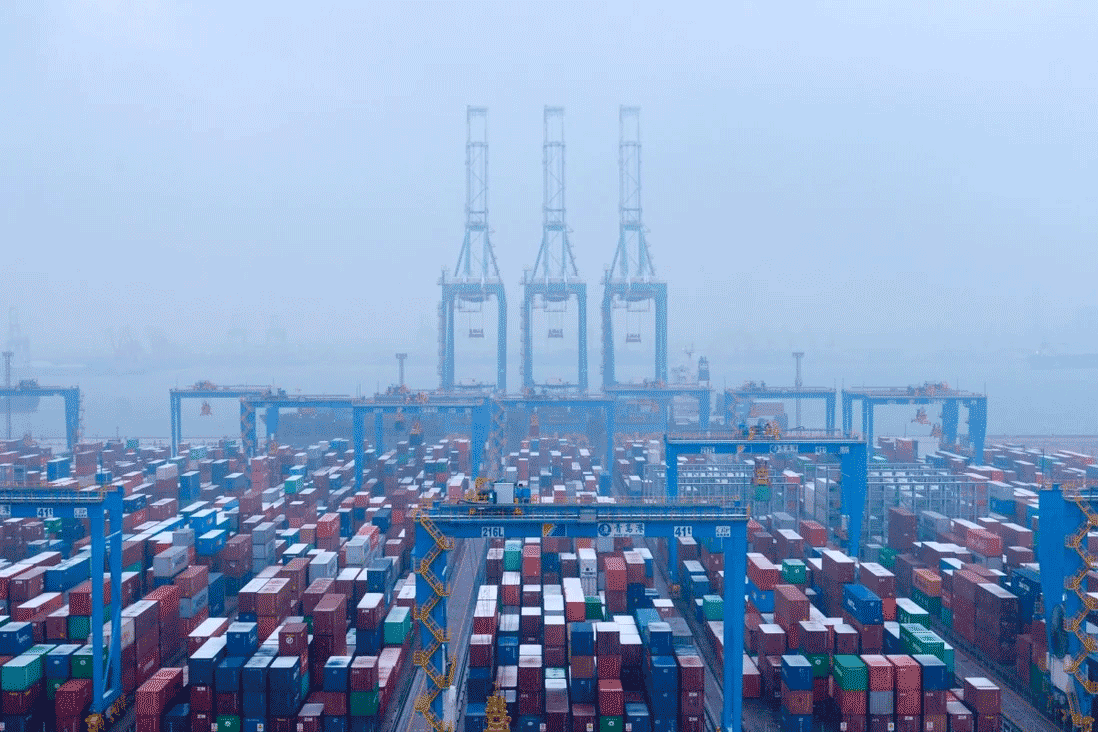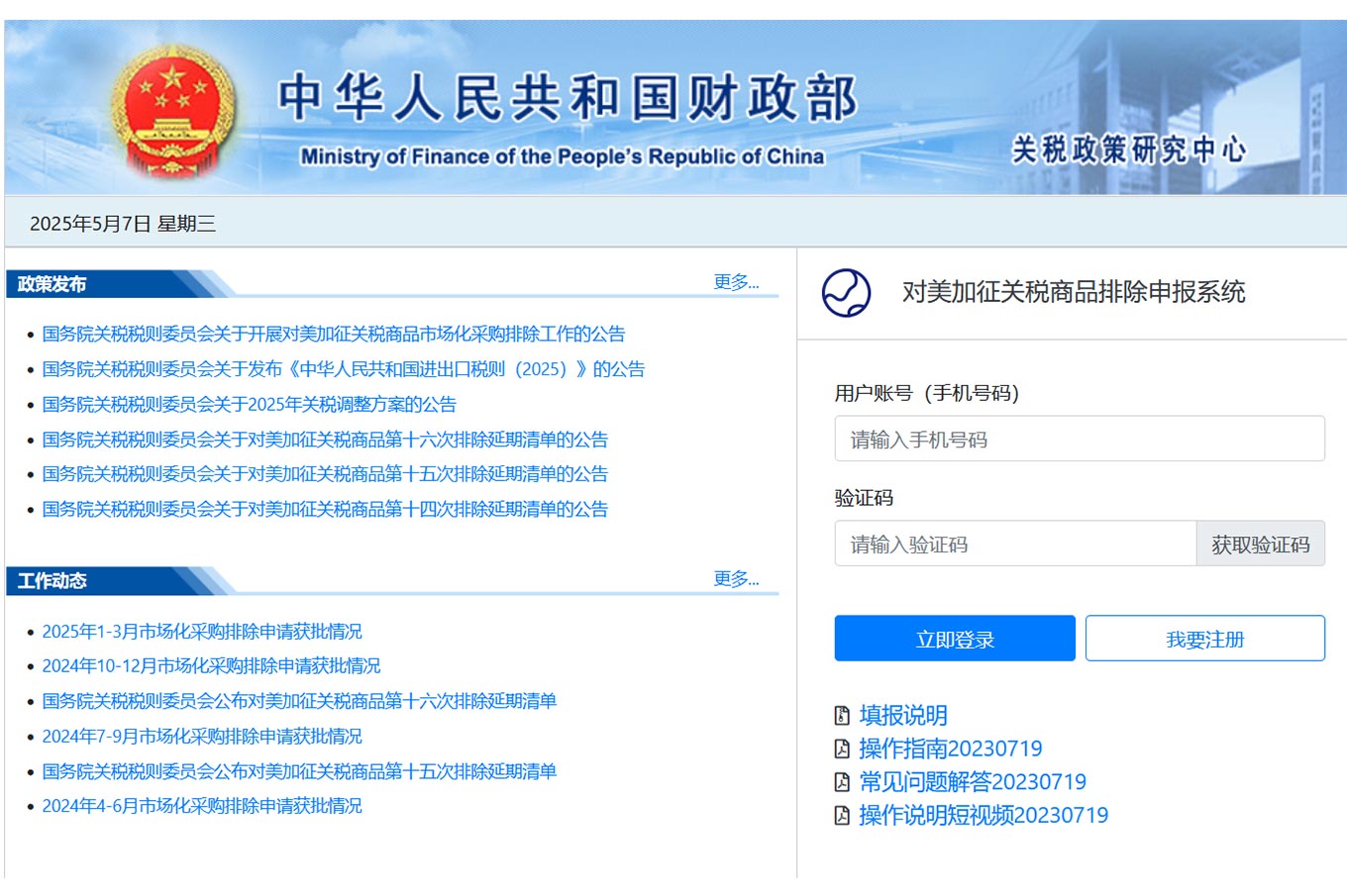- Shanghai Zhongshen International Trade Co., Ltd. - Two decades of trade agency expertise.
- Service Hotline: 139 1787 2118
The US has launched a new origin verification system for imported goods since April 15 to comprehensively strengthen theEntrepot Tradesupervision measures against and tariff evasion behavior. This latest system has not only comprehensively upgraded the origin determination standards and review processes for imported goods, but also set higher requirements for transparency and compliance in the upstream links of the supply chain. This tightening of policies targets goods transshipped to the US via third countries such as Vietnam, Malaysia, and Mexico, aiming to block the channels of evading tariffs through third countries.

According to the new regulations of the US Customs, importers are required to submit traceability documents covering a three - level supply chain, including detailed product production process flowcharts, raw material purchase invoices, and factory energy consumption and operation records. These requirements will significantly improve the accuracy of origin verification, aiming to prevent the origin laundering operation achieved through third - party transshipment. For goods from countries identified as key countries, such as Vietnam, Malaysia, Thailand, Indonesia, and Mexico, the US Customs will implement a check - every - shipment policy. Every shipment of goods entering the US via the above - mentioned countries needs to undergo strict verification of origin information.
At the law - enforcement level, the cost of violations has increased significantly. The new system clearly stipulates that once an importer is found to have evaded tariffs, a high fine of 300% of the tax evasion amount will be imposed. In addition, US regulatory authorities can trace historical profits back to 10 years and implement account freezing measures to strengthen the financial deterrence against illegal acts. This not only increases the compliance burden on freight enterprises and traders, but also sets higher standards for the entire supply chain risk control system.
It is worth noting that some members of the US Congress are promoting the legislation of the Protecting American Industries and Workers from International Trade Crimes Act. This proposal requires the US to implement more coercive trade regulations. For export behaviors that evade tariffs through transportation in third countries, not only economic penalties will be imposed, but also criminal liabilities, including fines and imprisonment, will be involved. This legislative trend indicates that the US is more determined to crack down on tariff - evading behaviors and is expected to further enhance the intensity of trade law - enforcement.
Market analysis points out that the upgrade of the US Customs system will have a wide - ranging impact on enterprises in the globalfor containers exported to the USmarket, especially those with trade models relying on third - country transit channels. Relevant enterprises need to comprehensively review their existing logistics and supply chain plans, suspend the shipment of goods transshipped to the US through third countries, and ensure the completeness, authenticity, and traceability of relevant documents. At the same time, exporters also need to closely monitor the changes in relevant US legislation and policies, and evaluate alternative transportation and compliance plans to reduce trade risks and potential losses.
Industry observers believe that the USs strengthening of the origin verification system is a key measure against the backdrop of the intensifying global trade frictions. The new regulations will force the global supply chain to improve transparency and compliance, but will also increase trade costs and the difficulty of customs clearance for goods exported to the US. Subsequently, with the further advancement of relevant US bills, the international trade pattern may undergo more profound changes.
Related Recommendations
? 2025. All Rights Reserved. Shanghai ICP No. 2023007705-2  PSB Record: Shanghai No.31011502009912
PSB Record: Shanghai No.31011502009912










